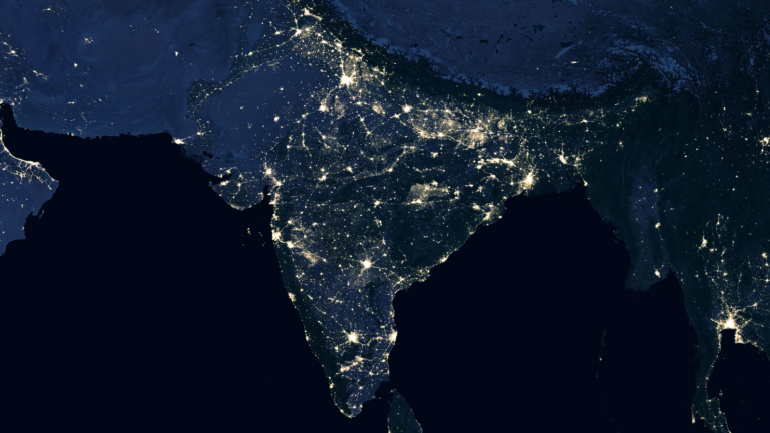This week, the UK-India Technology Security Initiative was announced, marking a pivotal moment for both nations. This collaboration aims to strengthen security in telecoms, AI, quantum computing, and biotechnology. Promising mutual growth, innovation, and job creation, this initiative underscores the evolving technological partnership.
Nokia and Bharti Airtel’s first trial of 5G non-standalone technology in India achieved over 1.2 Gbps data throughput on Airtel’s commercial network. The trial used the 3.5 GHz spectrum for 5G, leveraging Nokia’s RAN software and advanced virtualization.
Airties, a global leader of managed Wi-Fi solutions for broadband service providers, today announced it has opened its first office in India – a new R&D center based in Bangalore, focused on enhancing the AI, cloud, and DevOps capabilities of Airties for use in Smart Wi-Fi deployments. The new center in India aims to employ around 100 specialized software engineers focused on further extending the capabilities of Airties Cloud management platform.
India’s recent 5G spectrum auction concluded with disappointing results, generating significantly less revenue than anticipated. The auction ended after only seven rounds, raising INR113 billion ($1.35 billion), a stark contrast to the INR960 billion ($11.49 billion) reserve price set by the government.
Reports this week indicate that the Indian government is expected to postpone spectrum allocations for satellite broadband providers by four to six months, awaiting clarity following the ongoing general elections. The Department of Telecommunications (DoT) is reportedly holding off on final decisions until after the election results are announced on June 4.
LogRhythm, the company helping security teams stop breaches by turning disconnected data and signals into trustworthy insights, expands its presence in India with a dedicated 24/7 support center for eligible customers and launch of its leading cloud-native security information and event management (SIEM) platform, LogRhythm Axon. The strategic expansion enables Indian organizations across industry verticals to enhance their cybersecurity maturity as global cyberthreats become more sophisticated and diverse.
In an ambitious move, the Indian government has announced its plans to hold a mobile spectrum auction in May, eyeing a starting bid of nearly US$12 billion. Despite the high hopes tied to this event, experts remain skeptical about its success, given the tepid interest expected from the country’s telecom operators.
Brookfield Asset Management’s proposed $2.5 billion acquisition of American Tower Corporation’s Indian operations could redefine the country’s telecom landscape. This strategic move, merging around 75,000 of ATC’s sites with Brookfield’s digital infrastructure, would create the world’s second-largest independent tower company. However, government approval remains a necessary stepping stone.
In a strategic move to gain a foothold in India’s expanding telecommunications market, Elon Musk’s satellite communications constellation, Starlink, is reportedly considering a stake in Vodafone Idea (Vi). As of 2024, Starlink boasts a constellation of over 5,500 low Earth orbit (LEO) satellites, providing commercial services in more than 60 countries to approximately 1.5 million subscribers.
OneWeb, a Eutelsat entity, gained India’s coveted regulatory endorsement to usher in its satellite broadband service, evoking enthusiastic response from Eutelsat’s co-chair, Sunil Bharti Mittal. This development signifies a new era for India’s internet coverage in line with the Prime Minister’s digital vision. However, a crucial spectrum allocation by the government awaits, making OneWeb’s journey not entirely smooth sailing. An array of procedural and regulatory hurdles demands navigation, alongside competing market perspectives delaying the process.













